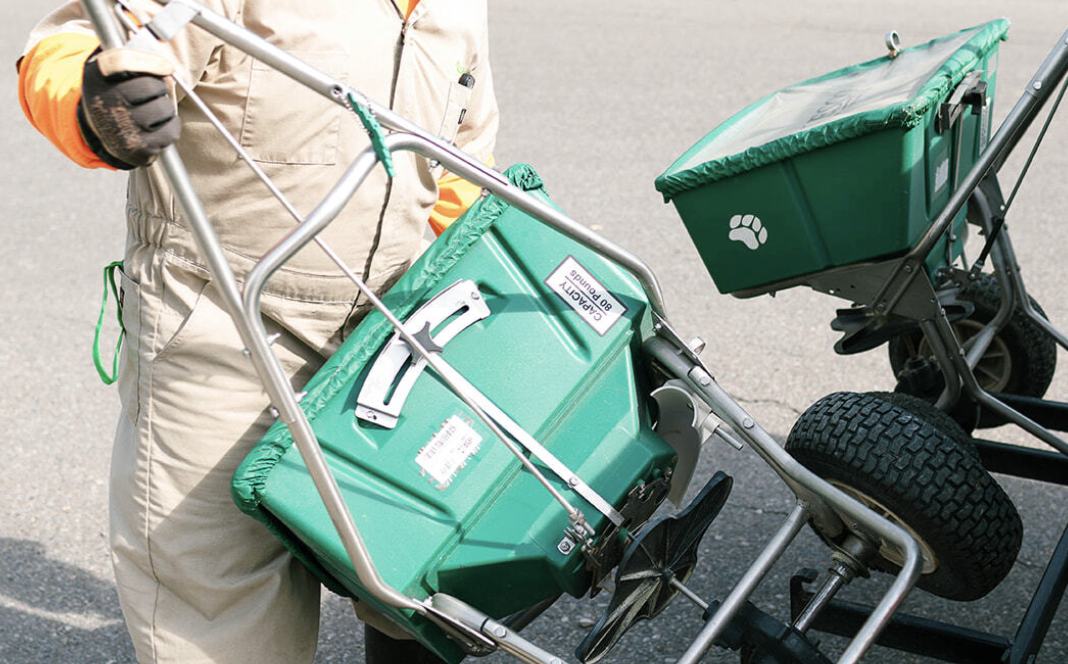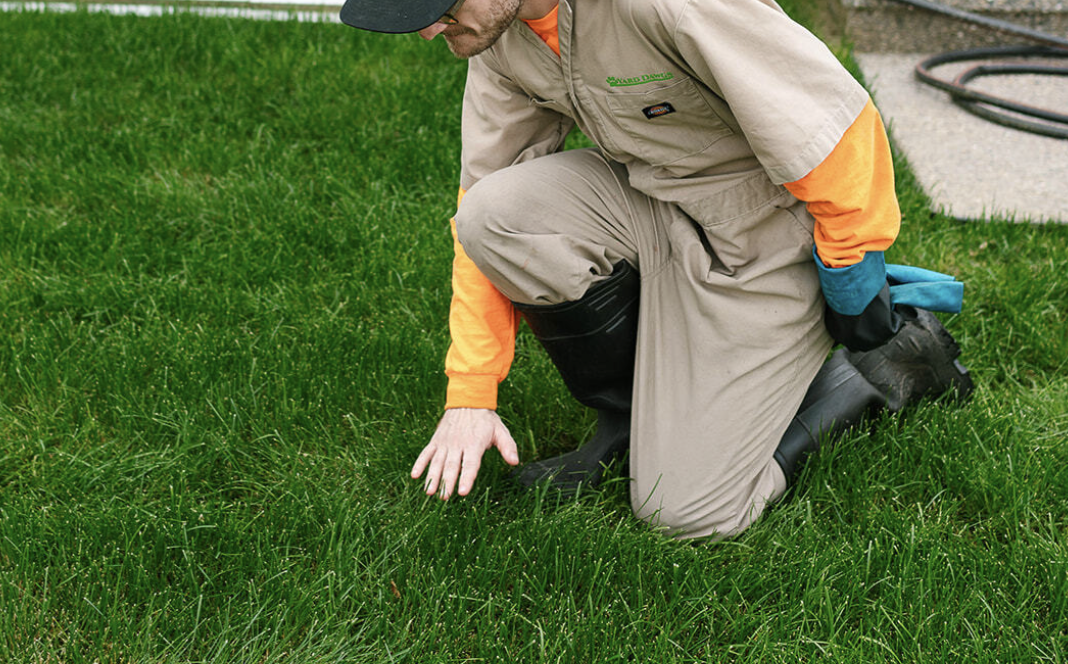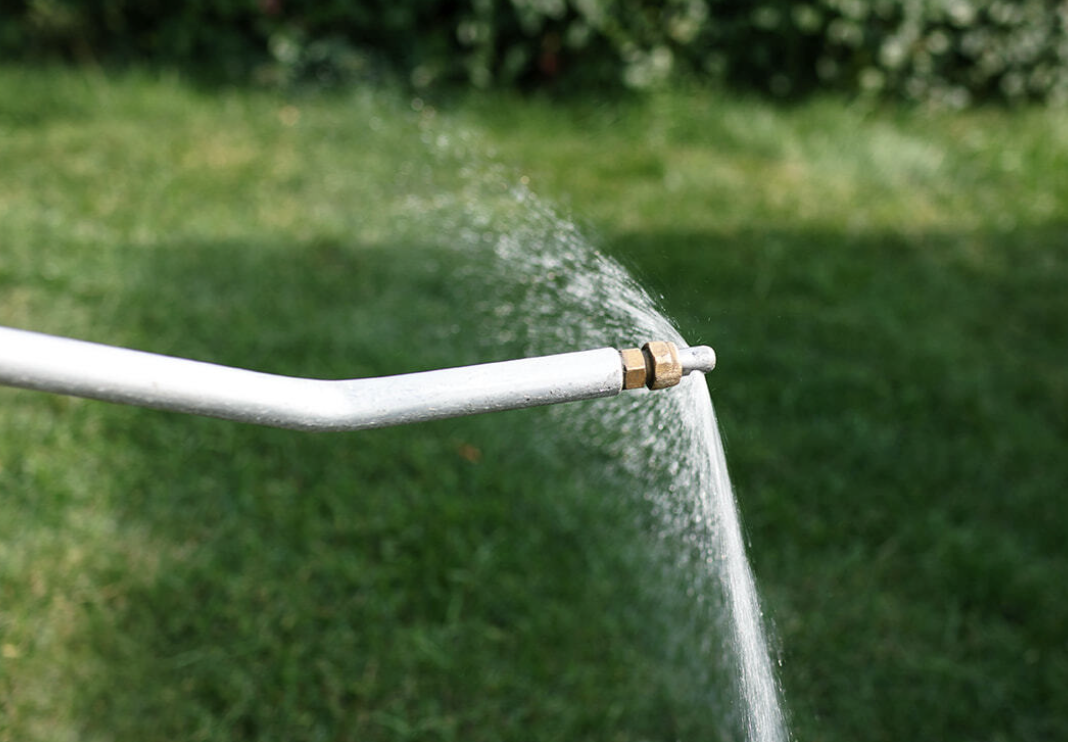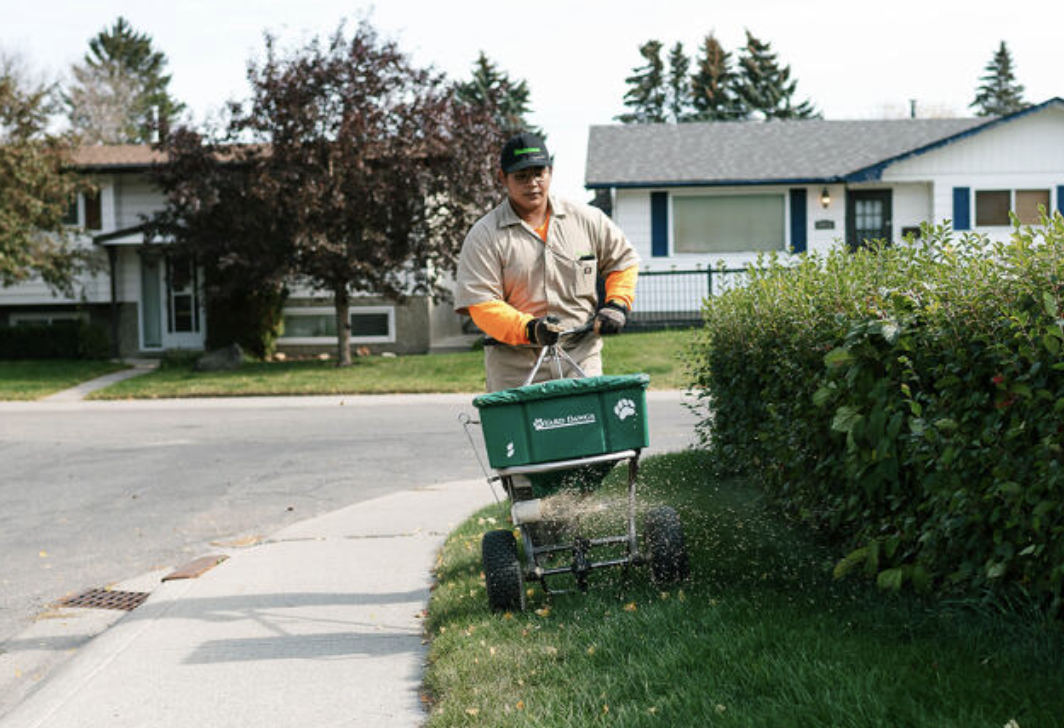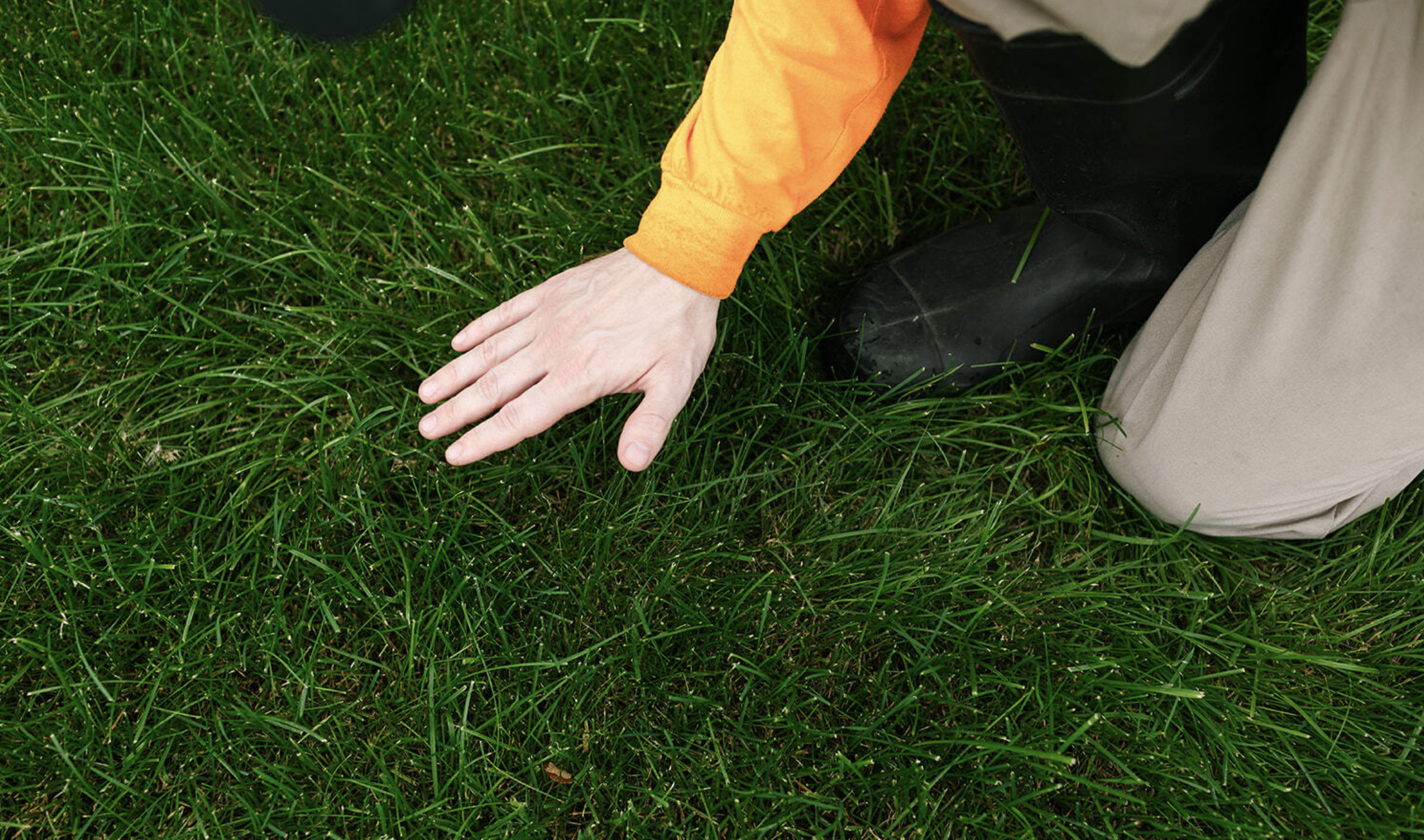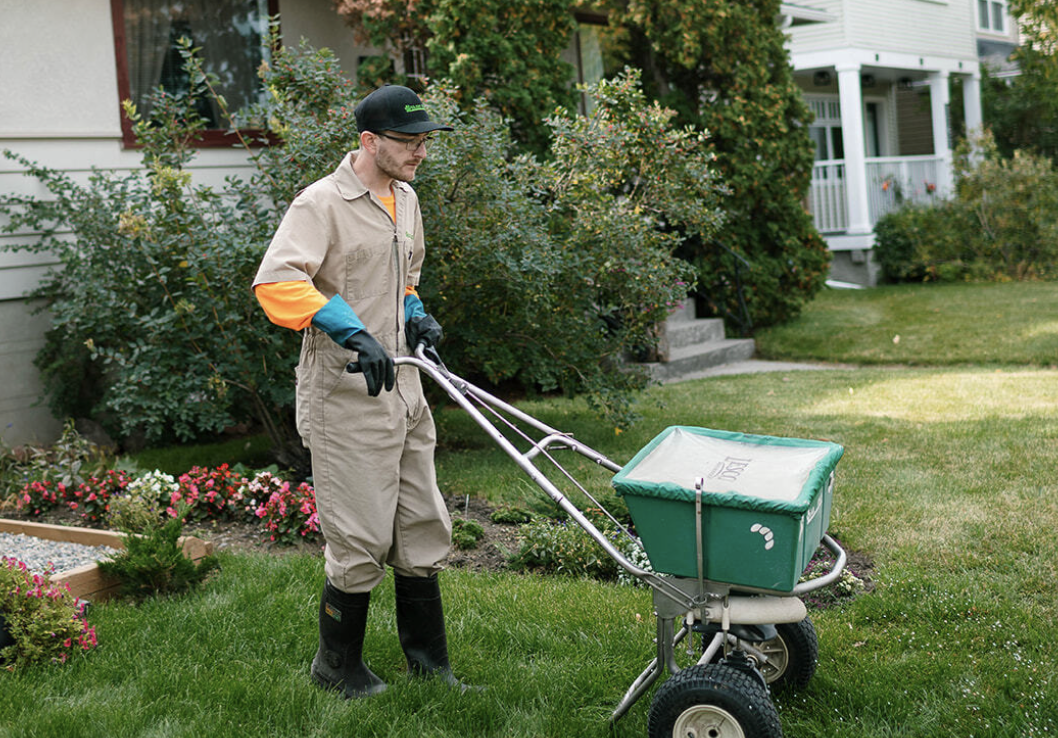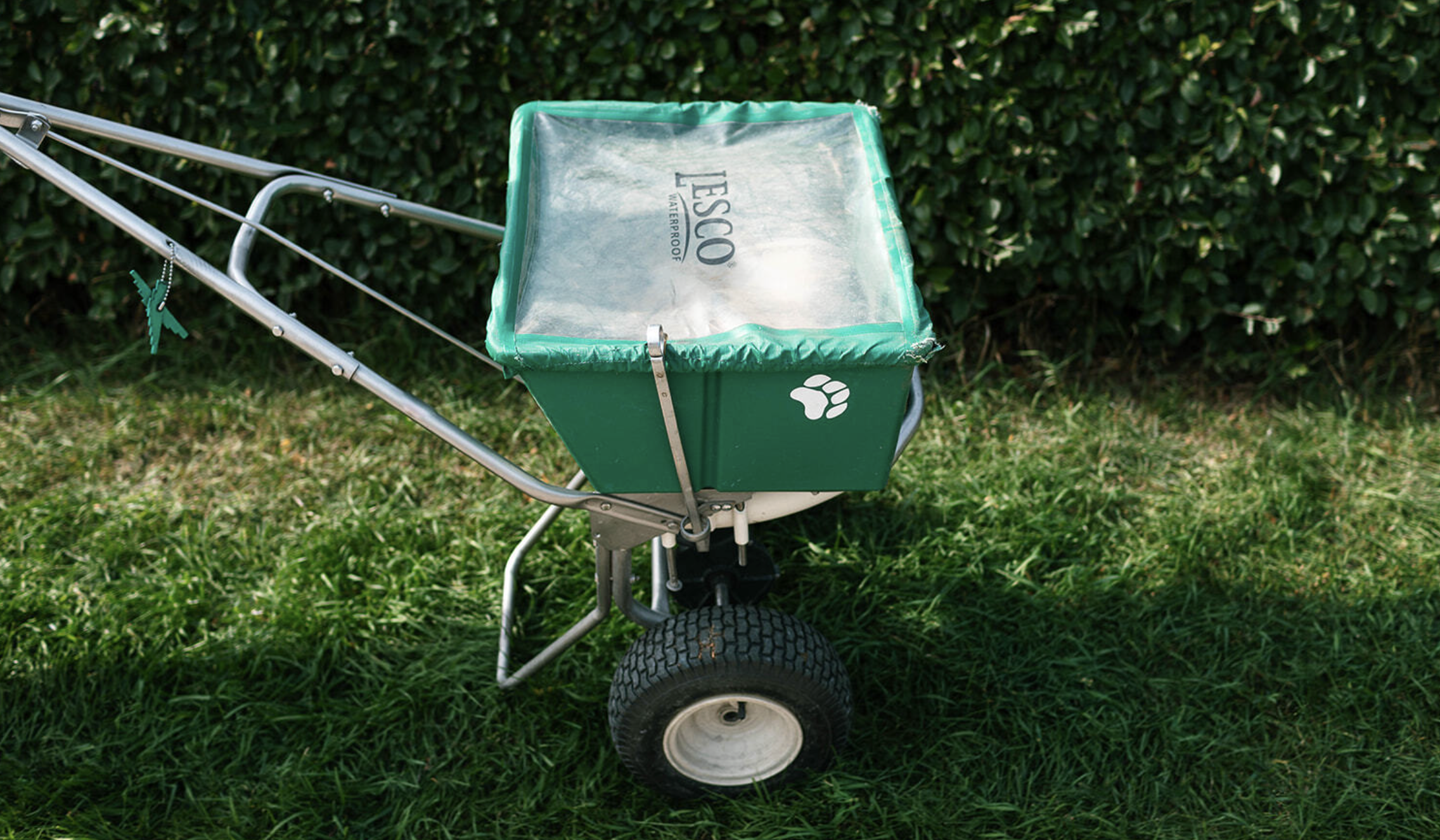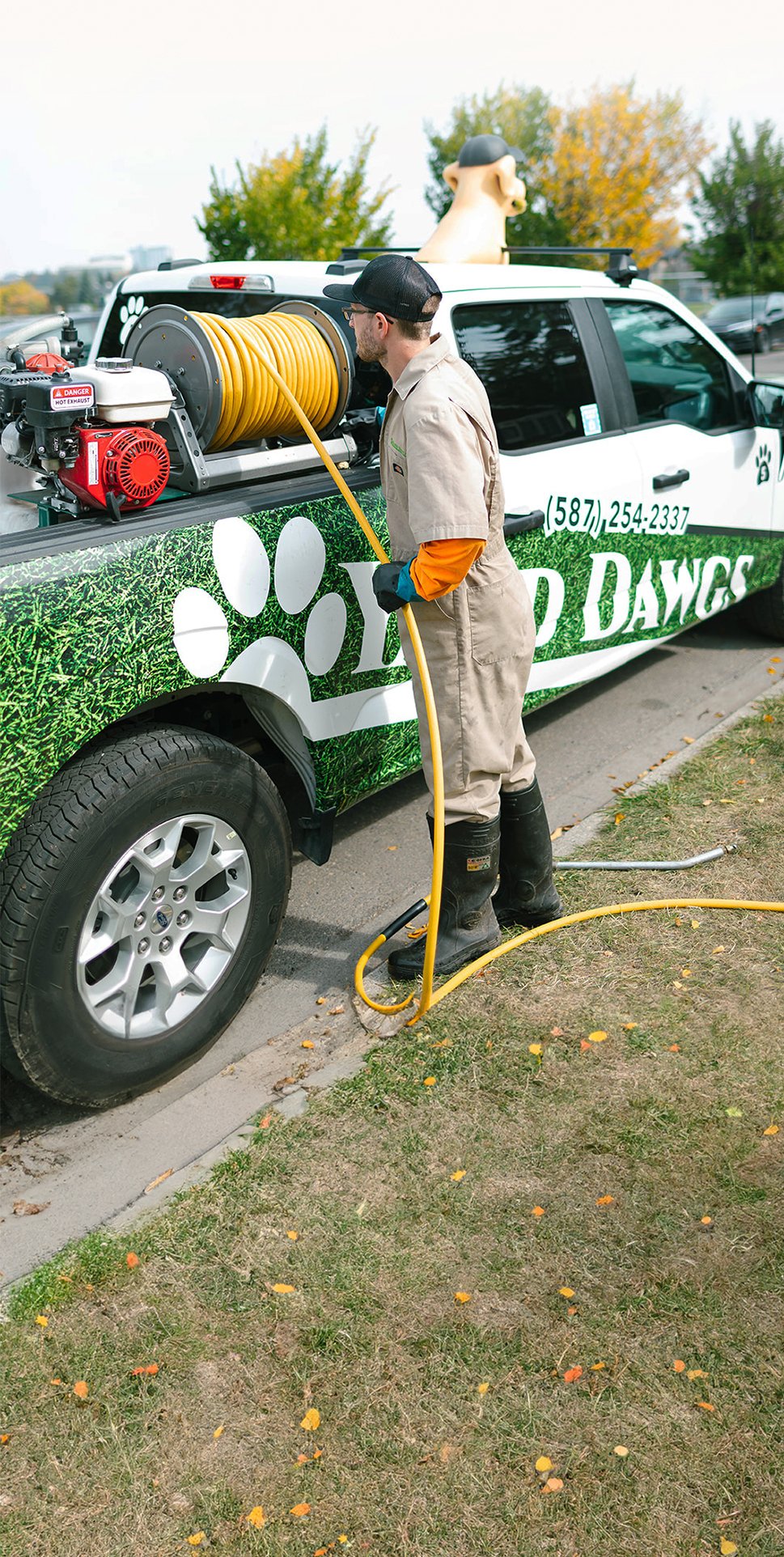Want a lush, green lawn without relying on harsh chemicals? Organic lawn care offers a healthier, more sustainable way to keep your yard thriving.
From soil health to mowing techniques, these natural methods support long-term growth while protecting the environment. Here are 10 essential tips to help you maintain a beautiful, chemical-free lawn.

Importance of Organic Lawn Care
Organic lawn care isn’t just a trend. It’s a smart, eco-friendly approach to maintaining your yard. By focusing on natural methods, you support healthier soil, reduce harmful runoff, and create a safer space for your family and pets.
- Improves soil health by encouraging beneficial microbes and natural nutrient cycles.
- Reduce environmental impact by avoiding synthetic fertilizers and pesticides that can pollute waterways.
- Promotes long-term lawn resilience, making grass more resistant to drought, pests, and disease.
Top 10 Tips for Organic Lawn Care
Organic practices make achieving a lush, healthy lawn possible without synthetic chemicals. By nurturing the soil and adopting eco-friendly techniques, you can create a vibrant outdoor space that's safe for your family, pets, and the environment. Here are ten essential tips to guide you in organic lawn care.
1. Mow High
Maintaining a higher grass height promotes deeper root growth and naturally suppresses weeds.
- Set your mower blade to a height of 2.5 to 3 inches for most grass types.
- Mow regularly, removing no more than one-third of the grass blade length at a time.
- Keep mower blades sharp to ensure clean cuts and reduce stress on the grass.
2. Leave Grass Clippings
Grass clippings act as a natural fertilizer, returning essential nutrients to the soil.
- Use a mulching mower to chop clippings and disperse them evenly and finely.
- Avoid removing clippings unless they're excessively long or wet.
- Ensure clippings are free of weeds to prevent the spreading of unwanted seeds.
3. Water Deeply and Infrequently
Proper watering encourages deep root systems and drought resistance.
- Water your lawn deeply once or twice a week, providing about 1 inch of water each time.
- Water should be used early in the morning to reduce evaporation and fungal diseases.
- Use a rain gauge to monitor rainfall and adjust your watering schedule accordingly.
4. Aerate the Soil
Aeration alleviates soil compaction, allowing air, water, and nutrients to reach the grassroots.
- Perform core aeration once a year, preferably in the fall.
- Use a lawn aerator to remove small plugs of soil throughout your lawn.
- Follow up with overseeding to introduce new grass varieties and improve density.
5. Fertilize Organically
Organic fertilizers feed the soil, promoting long-term lawn health.
- Choose organic fertilizers that release nutrients slowly and improve soil structure.
- Apply fertilizers based on soil test results to meet your lawn's specific needs.
- Avoid over-fertilizing, which can lead to excessive growth and increased pest problems.
6. Control Weeds Naturally
Preventing and managing weeds without chemicals maintains lawn health.
- Maintain dense, healthy grass to outcompete weeds naturally.
- Hand-pull weeds when they're young and before they set seed.
- Use organic pre-emergent herbicides, like corn gluten meal, to inhibit weed seed germination.
7. Overseed Annually
Introducing new grass seed helps fill in bare spots and improves lawn resilience.
- Overseed in the fall, when soil temperatures are ideal for seed germination.
- Choose grass varieties that are well-suited to your region and lawn conditions.
- Keep the seeded area moist until new grass is established.
8. Apply Compost
Compost enriches the soil with organic matter and beneficial microorganisms.
- Spread a thin layer of compost (about 1/4 inch) over your lawn annually.
- Use well-decomposed compost to avoid introducing weed seeds.
- Combine compost application with aeration for better soil integration.
9. Schedule Lawn Care Tasks
Timing your lawn care activities enhances their effectiveness.
- Create a seasonal lawn care calendar to plan tasks like mowing, watering, fertilizing, and aerating.
- Adjust your schedule based on local climate and weather patterns.
- Stay consistent with your lawn care routine to promote steady growth and health.
10. Hire Professional Organic Lawn Care Services
Engaging experts can ensure your lawn receives specialized organic care.
- Research local organic lawn care providers with positive reviews and certifications.
- Discuss your lawn's specific needs and ensure they use environmentally friendly practices.
- Schedule regular maintenance visits to keep your lawn in optimal condition.
By implementing these organic lawn care tips, you can cultivate a thriving, eco-friendly lawn that enhances your outdoor space and supports the environment.
Benefits of Professional Organic Lawn Care
While DIY methods can take you far, partnering with professionals brings expertise, consistency, and long-term results to your lawn care journey. Professional services can help you get the most out of organic practices without trial and error.
Expert knowledge and tailored solutions
Professionals understand local soil conditions, climate, and grass types. They tailor organic treatments specifically to your lawn’s needs, ensuring better results than one-size-fits-all store-bought solutions.
Time-saving and consistent care
Regular maintenance requires time and precision. Hiring a professional team means your lawn gets the attention it needs on schedule, even when life gets busy.
Access to premium organic products
Professional lawn care providers often use high-quality, eco-friendly products that aren’t readily available to consumers. These materials improve soil and grass health while staying safe for kids and pets.
Early detection of issues
With trained eyes monitoring your lawn, potential problems like pests, diseases, or soil imbalances are spotted early. This prevents minor issues from turning into major setbacks.
Long-term cost savings
Though it may seem like a bigger upfront investment, professional care can reduce the need for costly repairs or product overuse. A well-maintained organic lawn stays healthy and resilient, saving money over time.
Let Yard Dawgs Handle Your Organic Lawn Care
At Yard Dawgs, we take the guesswork out of organic lawn care. With expert knowledge, eco-friendly practices, and reliable service across Calgary, we make it easy to grow a lawn that's healthy, green, and chemical-free. Learn more about how we can help you build a better lawn naturally.





.png)
